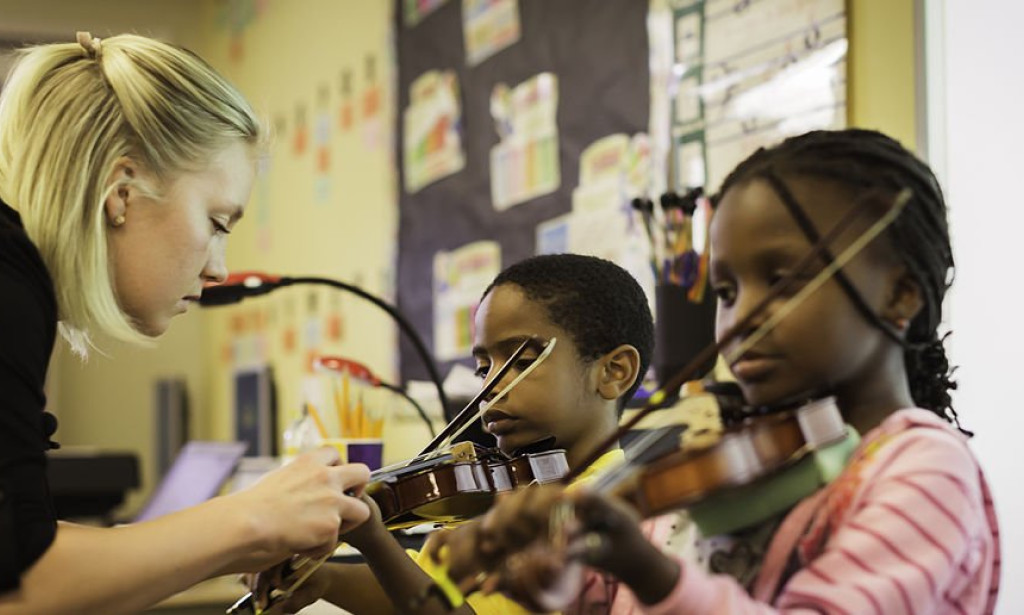Music education is a vital part of a well-rounded education, offering numerous benefits for students of all ages. By learning music, students develop essential skills that extend far beyond the classroom.
Music education fosters creativity, discipline, and self-expression, helping students build confidence and self-esteem. It also enhances cognitive skills, such as memory, language, and spatial-temporal skills. Moreover, music education promotes cultural understanding, appreciation, and empathy, breaking down barriers and connecting people from diverse backgrounds.
Through music education, students can explore various genres, instruments, and styles, discovering their passions and talents. They learn to work together, developing teamwork and communication skills, and experience the thrill of performance and sharing their art with others.
In addition, music education has a positive impact on academic achievement, with studies showing that music students tend to perform better in math, reading, and language arts.
By incorporating music education into our schools and communities, we can empower future generations to become creative, innovative, and compassionate leaders, enriching our world with the beauty and power of music.


You must be logged in to post a comment.